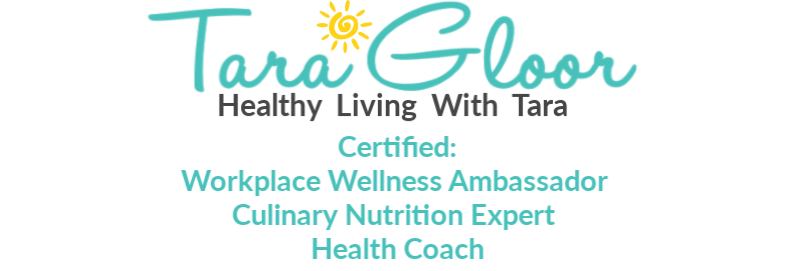Today I’m featuring a guest post from Samantha (Sam) Kent. She is a researcher for SleepHelp.org. Her favourite writing topic is how getting enough sleep can improve your life. Currently residing in Boise, Idaho, she sleeps in a California King bed, often with a cat on her face.
In a high-stress world where the pressure to succeed continues to grow, more and more people have a hard time getting enough sleep. The average adult needs seven to eight full hours of sleep for the body to be completely rested and restored. But 35 percent of adults in the United States report getting far less. Anytime you get less than seven hours, you’re in a state of sleep deprivation and open the doors to potential problems.
The Effects of Sleep Deprivation
While many people may consider sleeping a luxury, it’s a biological necessity. Without it, the mind and body suffer and alter how they work. Neurons in the brain slow down and send messages at increasingly slower speeds, affecting decision-making skills, reasoning abilities, and reaction times. For many people, that means a reduction in their productivity both at work and at home.
During sleep deprivation, it becomes harder to manage emotional responses and stress. The amygdala, the emotional center of the brain, becomes more sensitive to negative stimuli. At the same time, the prefrontal cortex, the region of the brain responsible for applying higher reasoning, decreases its activity. Consequently, when you’re sleep deprived, your stress levels increase because you’re more likely to have negative emotional responses.
Appetite and metabolism control also suffer when you haven’t gotten enough sleep. Your body releases more of the hunger hormone ghrelin and less of the satiety hormone leptin. At the same time, the reward center of your brain craves and receives more rewards than usual from high-fat sugary foods. Thus, you become more susceptible to overeating and gaining weight the longer you are sleep deprived.
Chronic sleep deprivation contributes to and causes many illnesses and conditions such as diabetes, heart disease, high blood pressure, and obesity.
How to Get More Sleep
You can help yourself get the rest you need by developing good sleep hygiene. Sleep hygiene includes all the habits and behaviors in your life that contribute to the quantity and quality of your sleep.
- Create the Right Environment: The conditions in your bedroom have an impact on the quality of your sleep. Your bed should support your sleep preferences, so check mattress reviews to make sure you’re sleeping on the right one. Keep your bedroom cool, dark, and quiet to encourage relaxation and remove distractions.
- Keep a Consistent Bed and Wake-Up Time: Your body controls your sleep-wake cycle with regular 24-hour biological and physiological clocks called circadian rhythms. A consistent bed and wake up time help your body acclimate to your schedule and automatically release sleep hormones. Try to keep the same sleep-wake schedule on weekdays and weekends.
- Establish a Bedtime Routine: The body loves a good routine. A bedtime routine not only helps your brain know when to release sleep hormones but also gives you a chance to release tension and stress from your day. Any activity that leaves you calm and relaxed can be included such as reading a book, taking a warm bath, or spending a few minutes meditating.
- Increase Your Exposure to Natural Light: Natural light heavily influences your circadian rhythms. Increasing your exposure to sunlight helps establish and strengthen your sleep-wake cycle.
- Exercise Regularly: Exercise keeps your body fit and healthy, but it also makes you ready to sleep at night. However, avoid vigorous activity within four hours of bed so that the release of adrenaline and rise in body temperature don’t interfere with your sleep cycle.
- Turn Off Your Screens: The bright blue light from cell phones, laptops, and iPads can suppress the release of sleep hormones. Shutting them off at least two to three hours before bed can help you fall asleep faster.
Many thanks to Samantha (Sam) for allowing me to share her article.
In conclusion, sleep is a necessity, yet most of us sacrifice this one item we need most of all to have a balanced life. Lack of sleep affects just about everything in your body and mind and has a tremendous impact on our health.
Take the time to relax and regenerate. To rest and repair.
Another tip is to practice guided relaxation and learn to turn off the sympathetic nervous system.
To discover your chronotype and the healing powers of circadian rhythms take a peek at The Power of When by Dr. Breus.
Wishing you a very good night’s sleep!
Thanks for reading and keep well,

